 How To Minimize The Potential For Disputes In A Two-Unit Condominium
How To Minimize The Potential For Disputes In A Two-Unit Condominium
✉️ Want to forward this article? Click here.
The District of Columbia has many older row houses that have been converted to condominiums, including conversions as small as two units.
Such units can be attractive because they feel more like a single-family home than a condo in a larger building. And, while they offer the privacy and convenience of a single-family home, there is shared responsibility for big costs like a roof replacement, which makes ownership more accessible.
There are potential drawbacks to owning a unit in a two-unit condo building like this, however. For example, often the bylaws give each unit an equal vote, making deadlock on decision making a real possibility. Because there are only two units, sometimes the owners forgo the formalities required by the bylaws, which can lead to issues in the future.
The following are some tips for minimizing the chance that a dispute will arise in a building like this:
- Study and follow the bylaws of the condo association. This will help to make sure you are aware of the decisions that must be made and how to go about making them. It will also make sure that you are aware of any rules or restrictions that could lead to a conflict. And, if a conflict arises, the bylaws often will dictate how it can be resolved.
- Have regular meetings with the other unit owner. This can help keep communication flowing and ensure that everyone is on the same page when it comes to decision making. At a minimum, you should meet quarterly, and document the meeting in meeting minutes. Prepare an agenda for each meeting to guide the conversation. And, if differences of opinion arise, try to come up with a consensus solution. Finally, make sure any agreements you reach are in writing. This will help avoid misunderstandings and ensure that everyone is on the same page should a dispute arise in the future.
- Agree on how you'll handle any maintenance or repairs in a fair and equitable manner. The bylaws will dictate the items that are a unit owner's responsibility versus the association's responsibility. But, there are often gray areas. It's best to make decisions about these before the need for repair arises.
- Establish a budget for common expenses. This includes setting aside funds for capital and routine repairs when needed, insurance policies, legal fees, landscaping, and all the other costs that come with running an association. All owners should be informed of the budget to ensure proper oversight.
- Handle financial accounts correctly. Have a dedicated bank account for the association, and make sure that all financial accounts, such as bank accounts and insurance policies, require multiple signatures for approval so there isn't an opportunity for one person to control all aspects of the condo association's finances.
- Set up a system for communication and sharing documents between owners. Best practice is to communicate using an email address separate from your personal email address, and to create a shared document repository online where both owners can access association documents such as insurance policies, meeting minutes, invoices, etc.
- Create house rules. House rules can cover things like noise levels, use of common areas (e.g., whether bicycles be stored in the backyard or strollers can be stored in a shared hallway), pets, trash and recycling, and many other issues.
- Agree on how a deadlock will be resolved. There are a variety of dispute resolution mechanisms that two-unit condominiums often use such as mediation and binding arbitration, which can be significantly less expensive than filing a lawsuit when the two unit owners cannot agree on a decision. Agreeing on the mechanism to use before conflict arises will usually lead to a smoother resolution.
This article originally published at http://dc.urbanturf.production.logicbrush.com/articles/blog/minimizing_the_potential_for_disputes_in_a_two-unit_condominium/21713.
Most Popular... This Week • Last 30 Days • Ever
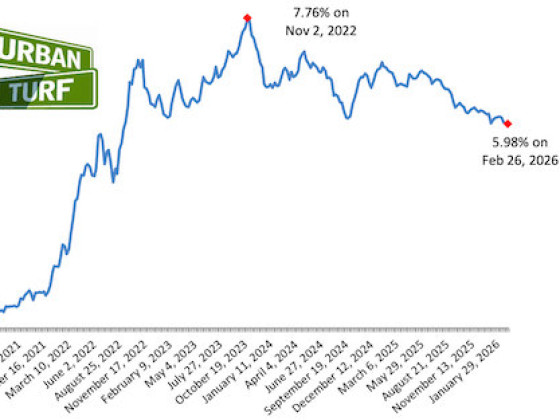
While it may seem like paying off a long-term mortgage early is a difficult task, it ... read »
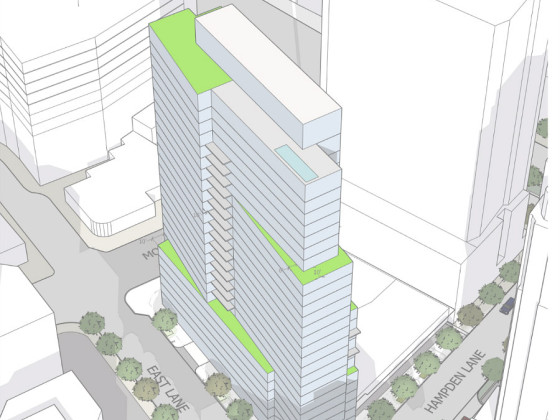
The plans for a building that (forgive us) is just trying to fit in in downtown Bethe... read »
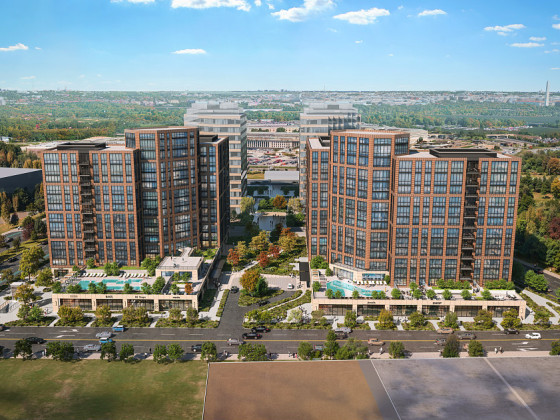
A new proposal is on the boards for the former home of the Transportation Security Ad... read »
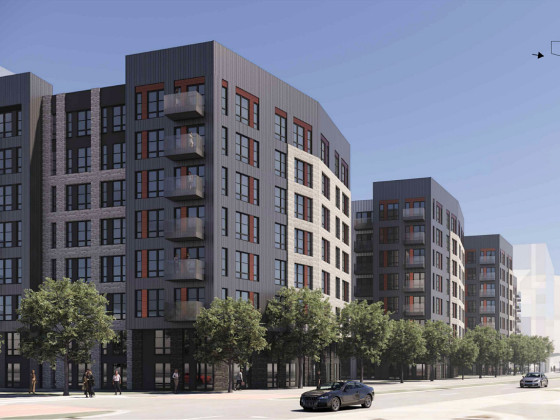
The developer is under contract to purchase Land Bay C-West, one of the last unbuilt ... read »
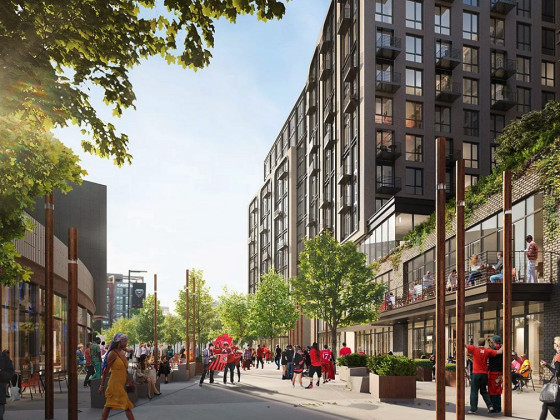
Even with over 1,100 new apartments delivering in the last 18 months, the new develop... read »
- A Look at The Ways You Can Pay Off Your Mortgage Early
- Narrow 260-Unit Apartment Building Pitched For Bethesda Moves Forward
- 637 Apartments, 31,000 Square Feet Of Retail: The New Plans for Pentagon City TSA Site
- The Last Piece of Potomac Yard: Mill Creek Residential Pitches 398-Unit Apartment Building
- The Nearly 2,000 Units Still In The Works At Buzzard Point
DC Real Estate Guides
Short guides to navigating the DC-area real estate market
We've collected all our helpful guides for buying, selling and renting in and around Washington, DC in one place. Start browsing below!
First-Timer Primers
Intro guides for first-time home buyers
Unique Spaces
Awesome and unusual real estate from across the DC Metro













